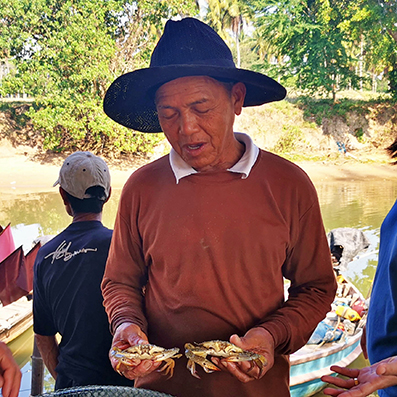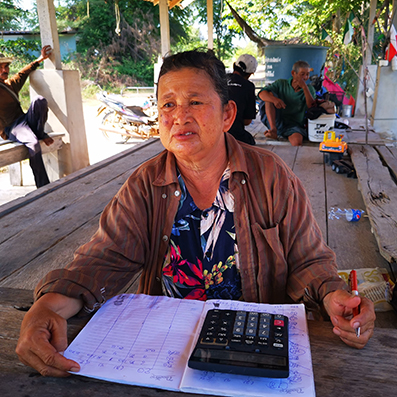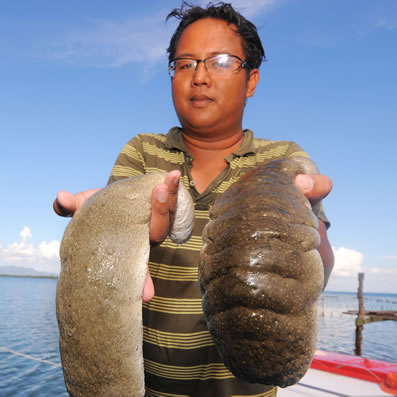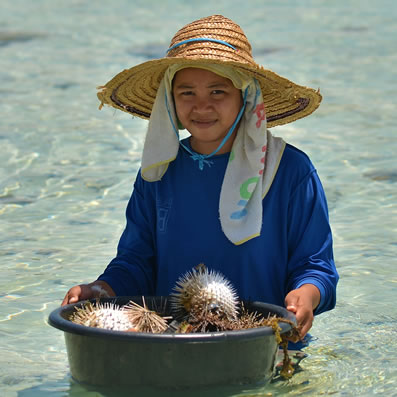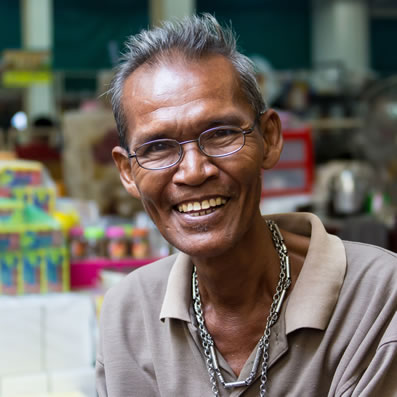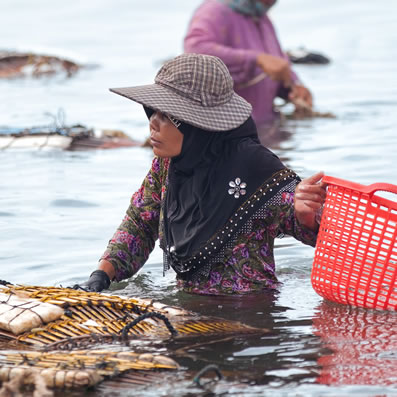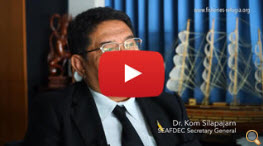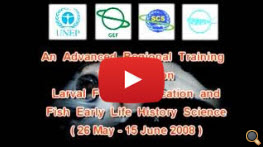THE SOUTH CHINA SEA FISHERIES REFUGIA INITIATIVE
FISHERIES REFUGIA PROJECT SITES
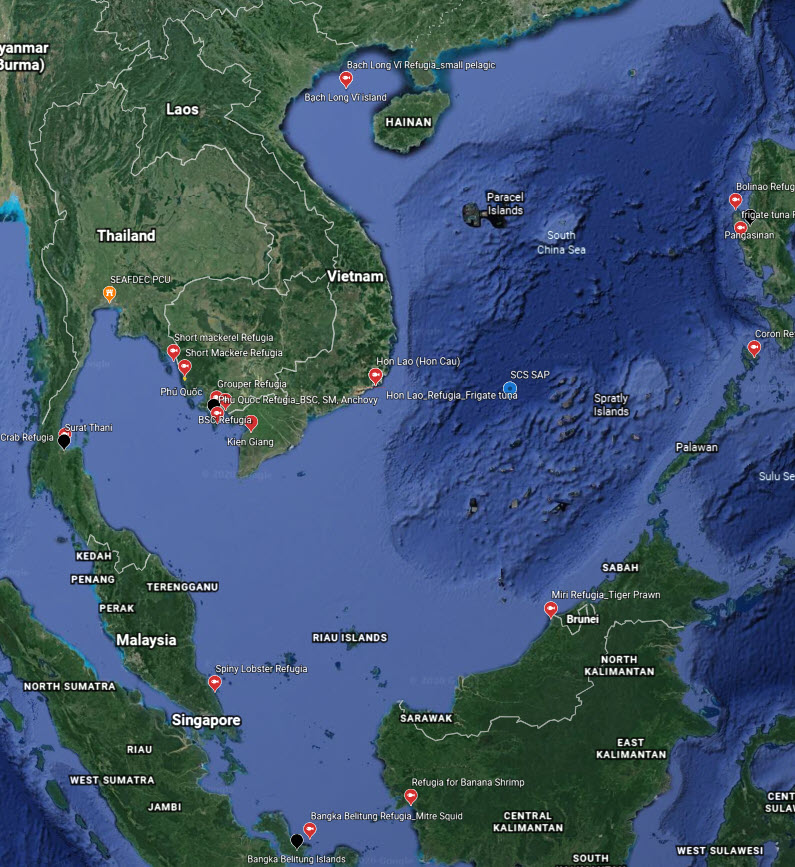 Click Here for
Click Here for More
Information
SCS SAP PRIORITY SITES (Habitat Linkages)
 All SCS SAP and
All SCS SAP and Fisheries Refugia
Priority Sites CHINA HABITAT
SITES CAMBODIA HABITAT
SITES INDONESIA HABITAT
SITES PHILIPPINES HABITAT
SITES THAILAND HABITAT
SITES VIET NAM HABITAT
SITES
Meet our Stakeholders
Social Media
Social Media
HIGHLIGHTS OF THE RSTC6 MEETING HELD AT SEAFDEC/TD
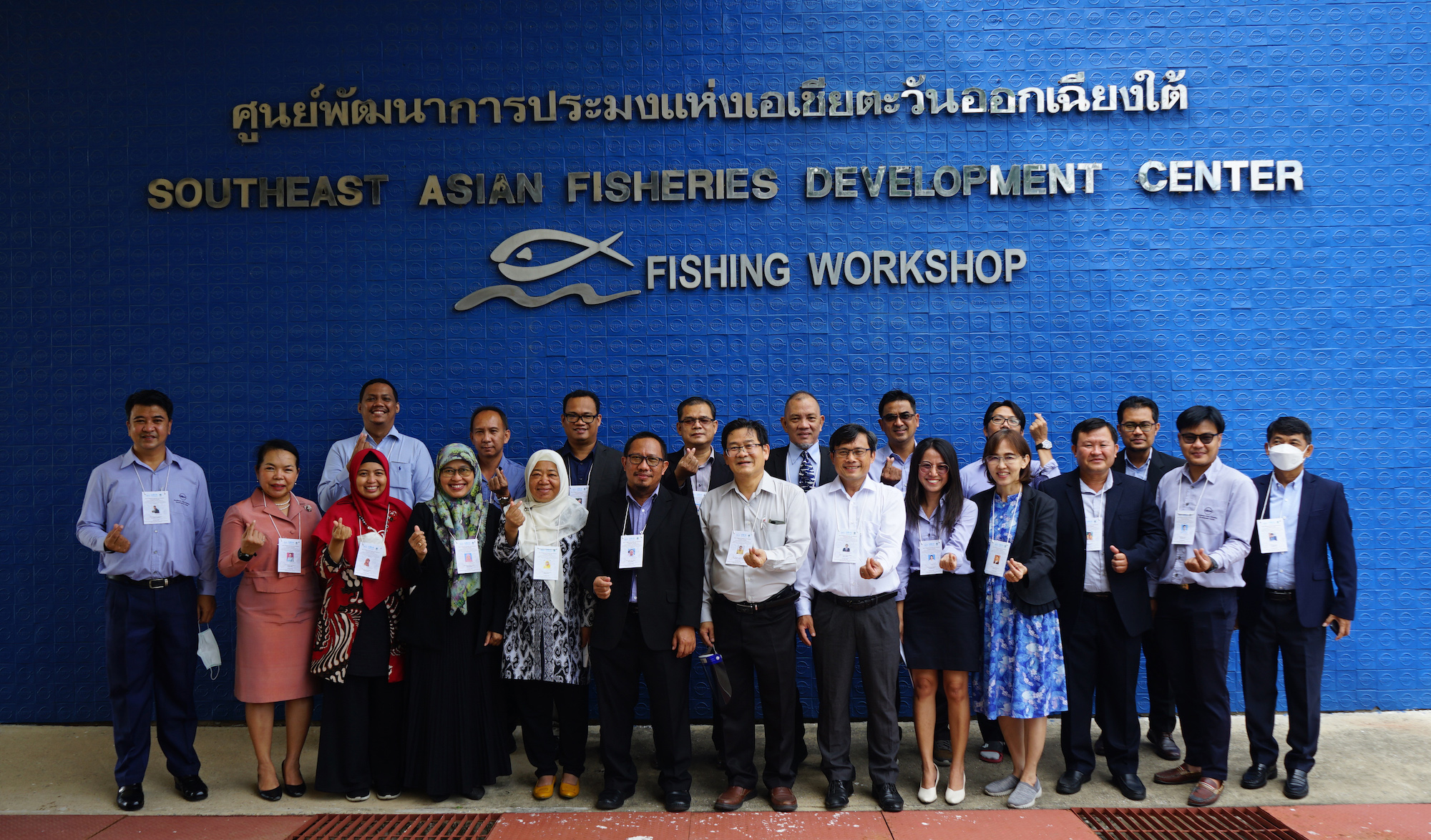
Project Coordination Unit of the SEAFDEC/UNEP/GEF Project on Establishing and Operation of a Regional System of Fisheries Refugia in the South China Sea and the Gulf of Thailand organized the Sixth Meeting of the Regional Scientific and Technical Committee (RSTC6) at SEAFDEC/Training Department (TD), Samutprakarn Thailand on 4-6 July 2022. The National Scientific and Technical Focal Point attended the meeting from six partner countries. The project's national focal points and the SEAFDEC/TD scientists also participated in the discussions. The RSTC6 finalized the progress works from six countries that align with the Results Framework objectives adopted by GEF/CEO. The main achievement of establishing 15 prioritized Fisheries Refugia Sites in six countries, in addition, to the effective management of critical threats to 15 fisheries refugia sites of about 1.36 million hectares (ha), is expected to be adopted. It is about five folds higher than the proposed refugia areas (269,500 ha) adopted by the GEF/CEO. The details of 15 fisheries refugia are in Table 1.
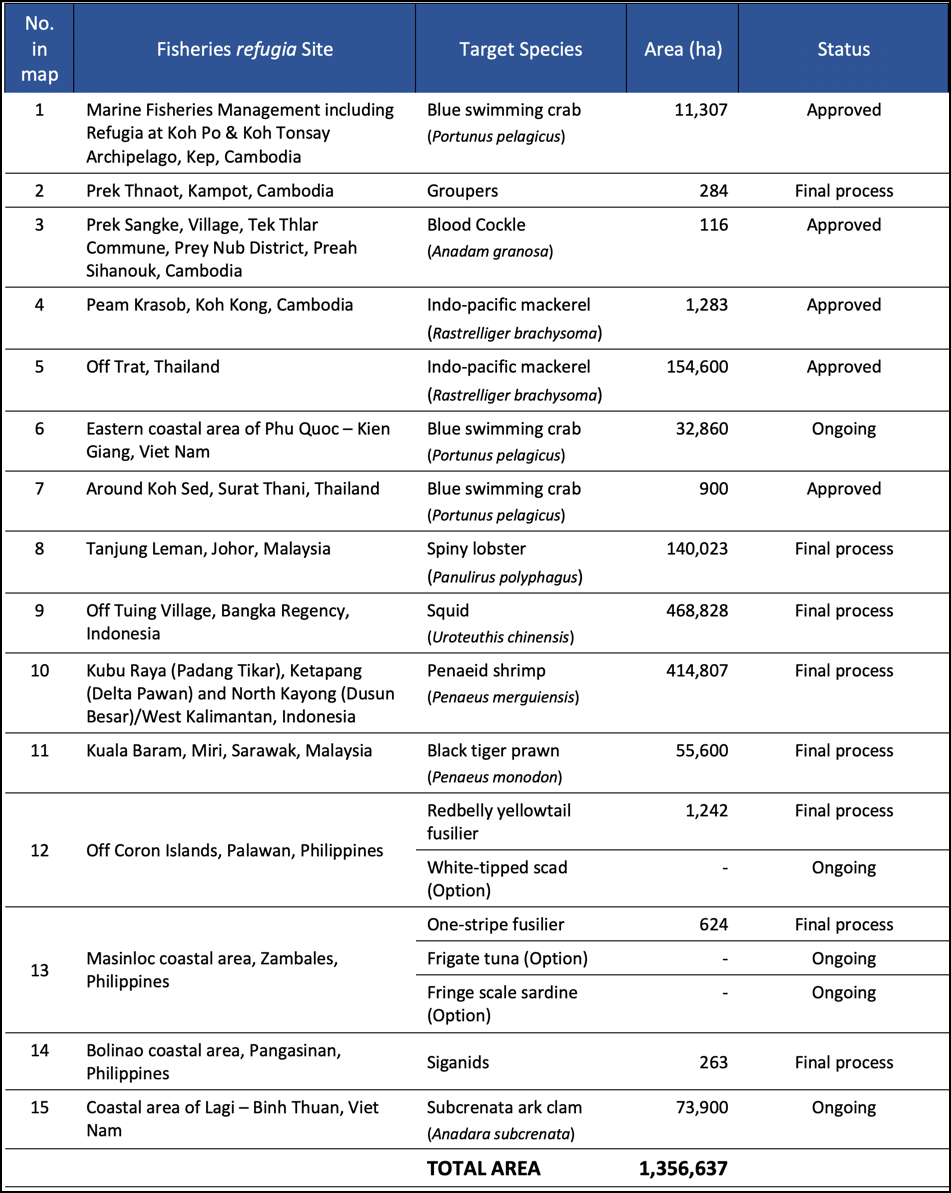
The RSCT6 analyzed the stakeholder engagement in the project activities. As of December 2021, 6,028 persons are engaged in 225 activities conducted at six country levels. The project considers gender mainstreaming in sustainable management of the fisheries refugia as one of the vital target outcomes. This issue was introduced to all participating countries at the Inception Meeting in 2016 by focusing the gender-integrated activities, taking into account the needs of women and men engaging in all activities defined by the project. The gender ratio of the overall 225 activities conducted by six countries is about 38%, with 38 females per hundred men integrated into the project.
Regarding the legislation and management plans, three of the six countries, Cambodia, Thailand, and Malaysia adopted the Strategic Action Plan or Fisheries Management Plan. Indonesia, the Philippines, and Viet Nam are in ongoing processes of adoption by the Government. The meeting also noted that Cambodia revised the Fisheries Law for the Government's approval by 2022. Through the stakeholder consultations, the most effective management measures, based on scientific data and local information findings, are applied for managing fisheries refugia and habitats linkage.
The PCU updated the regional outputs, such as analyzing the best practices for reducing threats to the fish stock and habitat linkages, developing the marine capture fisheries database and dashboard to support stock and trend analysis, developing the refugia profile on Google Earth, and updating the Regional Training Workshop on Larval fish identification to be held in November 2022, etc. For more information, please visit the https://fisheries-refugia.org/6th-rstc-meeting/6th-rstc-doc
published 19 July 2022
